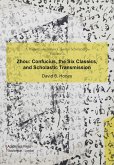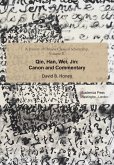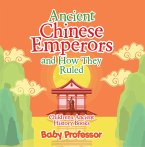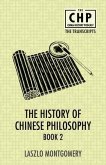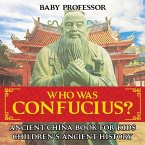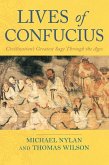Volume IV of A History of Chinese Classical Scholarship treats the rise of classical scholarship during the first two centuries of the Qing dynasty (1644-1912) based on the philological handling of the texts of the Confucian classics. This new paradigm overturns the interpretive approach based on Neo-Confucian philosophical speculation that had held sway during the Song, Yuan, and Ming dynasties, a period stretching from the mid-tenth to the mid-seventeenth centuries. The father of philology during the early Qing was Gu Yanwu. Two chapters introduce his life and works, together with an analysis of two disciplines he was responsible for either founding or popularizing, epigraphy and historical phonology. Next follows a chapter on two reclusive scholars, Wang Fuzhi and Zang Lin, who chose eremitism for self-preservation during the chaos of the Manchu conquest of the Ming dynasty. Two chapters follow and present the founders of the discipline of textual criticism, most prominently Yan Ruoqu, Mao Qiling, and Hu Wei. The family scholarship of the Huis of Suzhou Hui Zhouti, Hui Shiqi, and Hui Dong are then contrasted to the model of the master-disciple transmission of learning as exemplified by Jiang Yong and Dai Zhen. Subsequent chapters treat famous bibliophiles, booksellers, editors, and restorers of lost texts compiled through collecting scattered quotes preserved in encyclopedias. Classics selected for special treatment include the Book of Documents, the Book of Poetry, the Book of Changes, the Rites of Zhou and the Close to Elegance onomasticon.
Dieser Download kann aus rechtlichen Gründen nur mit Rechnungsadresse in A, D ausgeliefert werden.



